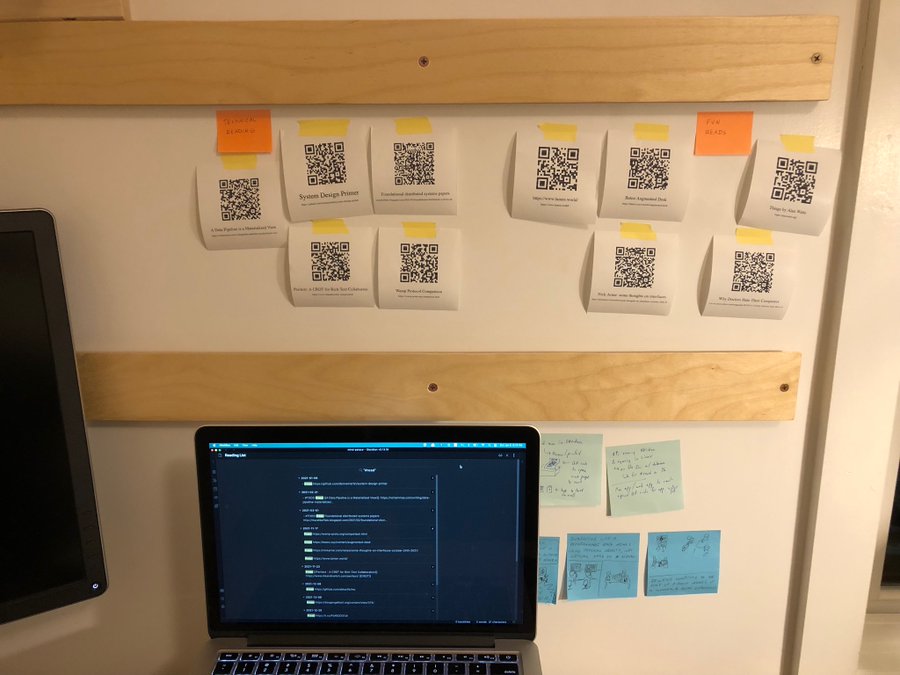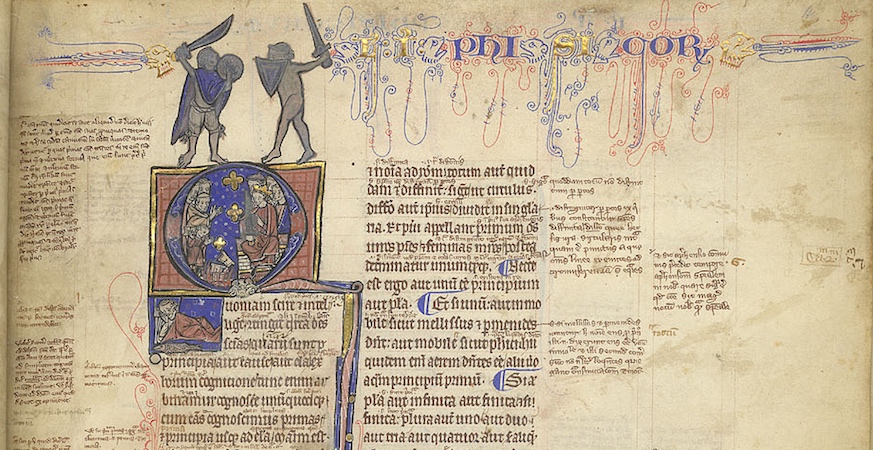In the early chapters Ahrens outlines the general form and method for taking notes for a zettelkasten, though he's not overly descriptive of the method and provides no direct examples.
In the middle chapters he talks broadly about learning research and how the zettelkasten method dovetails with these methods.
He does this almost as if he's a good teacher showing the student an outline of what to do and why, but leaving it up to them to actually do the work and experimentation to come up with their own specific methods of use to best suit their purposes. This allows them to do the work themselves so that they have a better chance of following a simple, but easy set of rules, but in a way that will allow them to potentially more quickly become an expert at the practice.
“The one who does the work does the learning,” writes Doyle (2008, 63) [Section 10.5]
In some sense, he's actively practicing what he preaches as a teaching device within his own book!
I think that this point may be actively missed by those readers who aren't actively engaging with and converting his ideas into their own and doing the work which he's actively suggesting.

 <small>Detail, London, British Library, Harley MS 3487 (13th century)—[source](
<small>Detail, London, British Library, Harley MS 3487 (13th century)—[source](